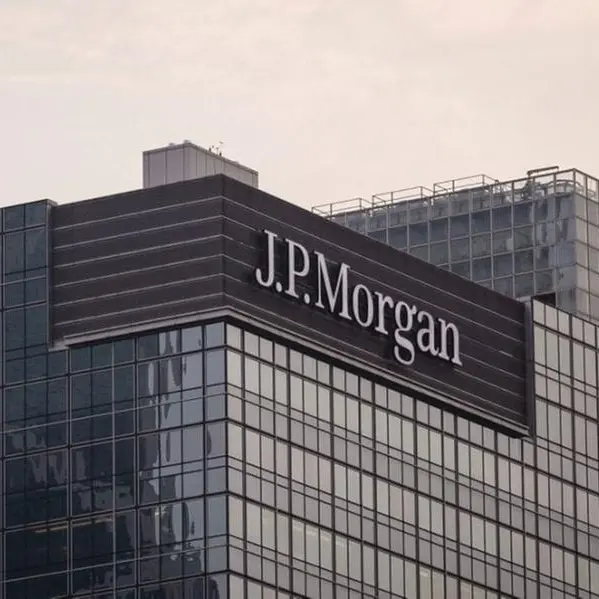PHOTO
Dubai, UAE: Dubai retains its number one spot in the MENA region on Kearney’s Global Cities Index and moves up one spot to 22nd globally, its highest ranking to date. The city demonstrated growth in business activity, human capital and political engagement through the course of the year. The UAE capital city, Abu Dhabi, also jumped up a spot on the global rankings, owing to increased business activity and political engagement.
The Global Cities Report, by management consultants Kearney, looks at the impact of socio-economic and political developments on cities and their futures. It seeks to quantify the extent to which a city can attract, retain, and generate global flows of capital, people, and ideas.
Abdo Al Habr, Kearney Partner, Public Sector in the Middle East, notes that “Cities around the world have shown declining scores on the Index over the last six years—an indication of de-globalization that predates the pandemic. This year, while indicators of business activity and human capital have softened across the globe, the MENA region has displayed promise. In the Middle East, governments have been proactively setting targets for socio-economic development for years now, and it is this prudent, systemic strategy that has shaped their positive futures.”
A closer look at Cultural Experience
The Middle East as a region, after many close years vying with China, has overtaken the country in the Cultural Experience dimension of the GCI, now converging with Asia Pacific. This can be attributed to the region’s continued efforts. Even through the pandemic, the region hosted some iconic global events which have resulted in increased local and international tourism. The UAE was home to Expo 2020, which brought together 24 million visitors, Qatar is hosting the World Cup later this year. The Kingdom of Saudi Arabia has also noted a rapid expansion of tourism since the launch of the Saudi Arabia’s National Culture Strategy in 2019.
Cultural Experience is one of the most fluid and difficult-to-quantify categories within the GCI and has been recognized as one of the most vital categories this year. Dubai tops the region in this dimension, while Riyadh has recorded a 46-point increase in rankings, the highest jump in the category globally. The FIFA World Cup host city, Doha, noted a 17-point jump in the category, and held a firm lead in the MENA region in sporting events.
Bright outlook
Abu Dhabi held its ranking in the top 10, landing at number nine globally. The outlook for Dubai also rose five places to land at number 11 overall, creeping closer to breaking into the top 10. The outlook for Doha has been overwhelmingly positive. The report suggests a 23-point jump bolstered by strong governance in the country, the highest jump in the category in the region.
Around the world, higher-than-expected inflation, the ongoing economic and political impact of the conflict between Russia and Ukraine, and the escalating effects of climate change, have resulted in intensifying pressures on the world’s largest urban centers. The global management consultants, note that adaptation and proactive change are required to ensure cities remain capable of offering unique value to the companies and communities that call them home.
Rudolph Lohmeyer, Kearney Partner, National Transformations Institute, emphasizes that “In the coming year, city leaders will have to prioritize their efforts and investments even more ruthlessly than in the past as they navigate what is likely to be an exceptionally challenging economic storm. Leaders will need to drive policy innovation to protect their most economically vulnerable residents and attract highest priority employers while ensuring fiscal sustainability. The tools to do so are out there, but they must be championed from the top.”
The authors outline eight “pathways of action” – specific policy measures that leaders can adopt to address these challenging near-term economic dynamics, introduce mechanisms of adaptation, and ultimately foster greater resilience.
The Global Cities Report and the “pathways of action” can be viewed on this link: www.kearney.com/global-cities/2022
-Ends-
Note:
The GCI assesses how globally engaged cities are across five dimensions: business activity, human capital, information exchange, cultural experience, and political engagement. The GCO, on the other hand, examines how cities are creating the conditions for future status as major global players. This analysis covers four dimensions—personal well-being, economics, innovation, and governance—which are the key determinants of a city’s ability to attract talented human capital, generate economic growth, increase competitiveness, and ensure stability and security.
While the GCI quantifies the current state of urban centers, the GCO is a measure of how these same cities are ensuring that they can retain – or augment – their global city status in the future. The GCO is designed to spotlight not only the well-established leaders, but also those cities that may be best positioned—thanks to strategic investments in future performance—to challenge their supremacy.
About Kearney
As a global consulting partnership in more than 40 countries, our people make us who we are. We're individuals who take as much joy from those we work with as the work itself. Driven to be the difference between a big idea and making it happen, we help our clients break through. For more information, visit www.kearney.com.
Media contacts
Ahmad Marei and Shehla Momin
Houbara Communications
kearney@houbaracomms.com




















